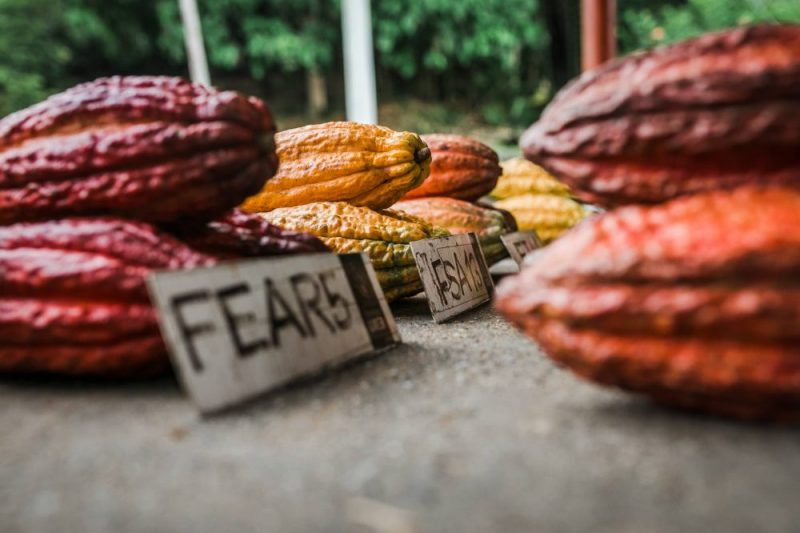Cocoa sector sustainability in West Africa remains under considerable threat

This week’s column is devoted to echoing the views expressed a few days ago by Brett Beach, director of ethically founded chocolate brand Made In Africa, regarding cocoa sustainability.
There is a particularly troubling situation within one of the market’s most crucial suppliers – Ivory Coast, which has seen the country’s government reduce farmgate prices paid to those working in the sector reduce by 25%, amid weakened demand and the impact of Covid-19.
The measure comes just months after the introduction of the region’s Living Income Differential payments (of $400 per tonne of cocoa paid as a premium by chocolate businesses to support regional farming operations) – with the intention that these funds directly reach those working on the frontline.
But the dramatic and sudden cut in basic rates paid to the farmers means that in effect, means the additional premiums, which were long lobbied for by authorities in the region, are effectively wiped out. As Brett Beach asks, what is the point of such a system if farmers ending up no better off is going to be the end result?
The situation has simply reverted to square one – compounded by the fact that Ivory Coast’s neighbour, Ghana, appears to be getting to grips with the pandemic more efficiently, as far as the cocoa sector is concerned at least, with the farmgate prices having been maintained, meaning the LID payments may well start to make a difference to communities in the coming months.
As we have previously reported, without urgent action to rectify the price paid to farmers in both Ivory Coast and its neighbour, which account for nearly two thirds of the industry’s cocoa supplies, then the spiral of poverty that many of those working in the industry are presently trapped (working in below UN defined poverty conditions in the majority of cases), then the sector ceases to become viable in the region.
One key means of achieving this is to notably raise the price of not just beans, but also the retail prices paid for confectionery around the world, as for too long, consumers have become accustomed to having access to comparatively cheap chocolate. This simply isn’t sustainable, and until that realisation is addressed, then the present situation faced by large farming communities at the heart of the industry will remain unresolved, despite the best intentions of industry, civil society and charities that have worked to engage more deeply with the sector over the past couple of decades.
Neill Barston,editor, Confectionery Production
- Keep in touch at [email protected] or via social media: @confectionprod



